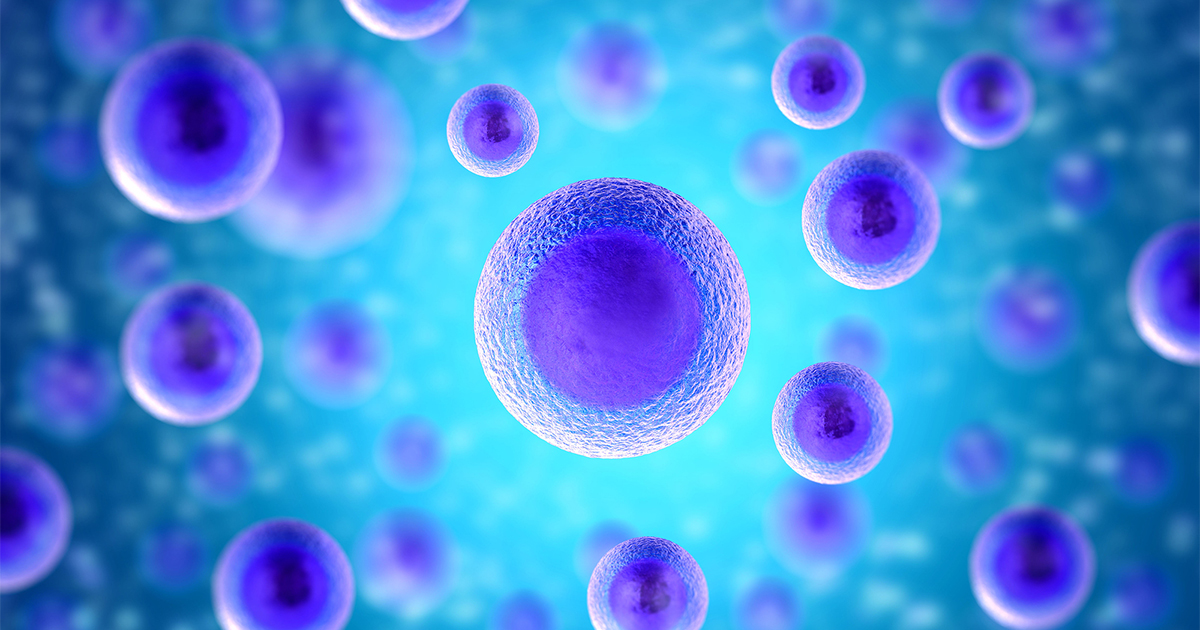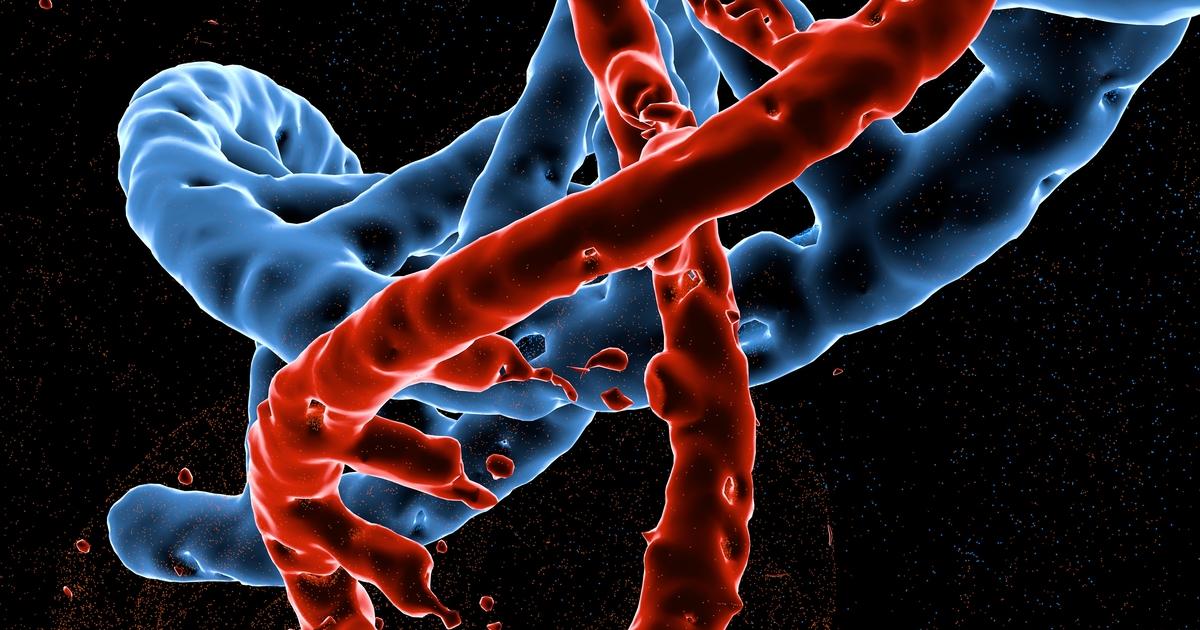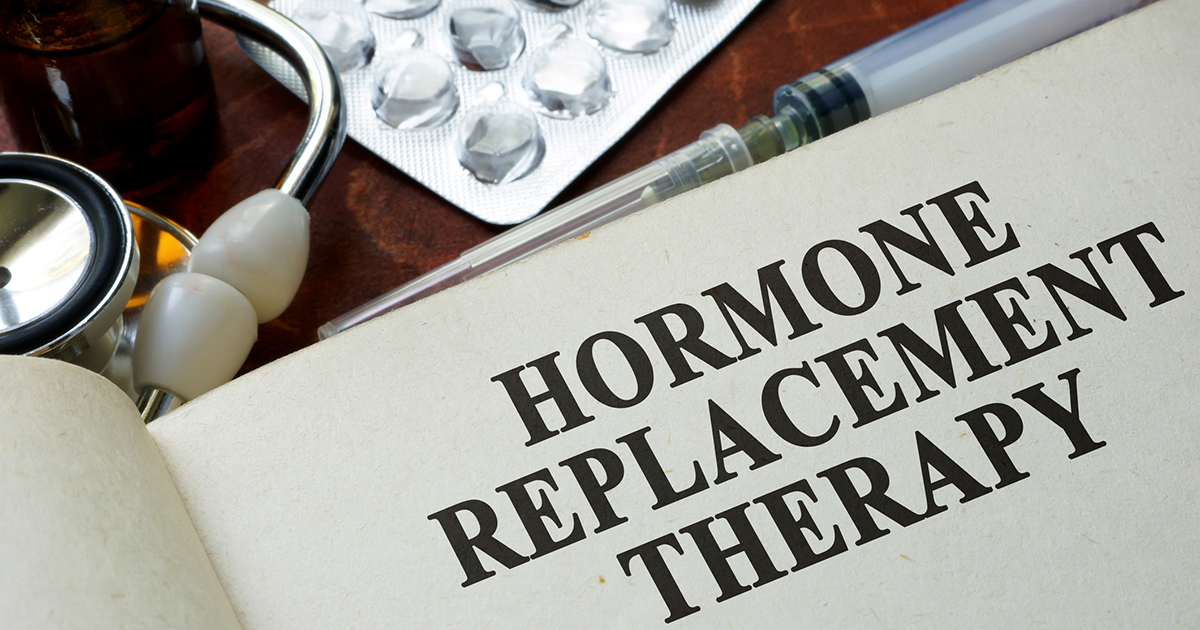Guide To The Causes And Risk Factors For Ovarian Cancer
Ovarian cancer occurs when a woman develops a cancerous growth in one of the reproductive organs called the ovaries, which are responsible for the production of eggs, estrogen, and progesterone in women. Ovarian cancer does not produce symptoms in most cases until it has metastasized to the abdomen and pelvis. Symptoms of ovarian cancer include feeling full quickly, unintentional weight loss, frequent urination, changes in bowel habits, abdominal bloating, discomfort in the pelvic area, and abdominal swelling. An individual is diagnosed with ovarian cancer with the use of CT scans, pelvic ultrasound, abdominal ultrasound, pelvic examination, surgical ovarian biopsy, and blood tests. Treatment for ovarian cancer may include ovary removal surgery for one or both ovaries, surgery to remove the uterus and both ovaries, chemotherapy, targeted therapy, and palliative care.
Ovarian cancer has several causes and risk factors. Reveal the details on this now.
Cell Mutations

The primary cause of ovarian cancer is when a cell experiences mutations in its DNA. The type of mutations that have to occur for carcinogenesis is alterations in the parts of the cellular DNA that dictate how a cell grows and divides. The DNA in the cell is a code that tells the cell how to make certain proteins and how to perform certain actions. A mutation in the cellular DNA of one of an individual's ovarian cells can cause it to grow and divide abnormally. Malignant cells grow and divide at an abnormally rapid pace, causing more cells to be created, which also grow and divide too fast and produce more cancer cells. The cycle continues until a lump or mass of malignant cells forms in the ovary. The cell mutations that cause ovarian cancer are not inherited from an individual's parents but occur spontaneously instead. Certain gene changes in inherited DNA can make women have a higher risk of developing ovarian cancer than an individual who is not affected by these changes.
Continue reading to learn more about the causes and risk factors for ovarian cancer now.
Gene Mutations

A woman who has certain inherited or acquired gene mutations may be at an increased risk of developing ovarian cancer than one who does not. These gene mutations can cause an individual to have less of certain proteins encoded by tumor suppressor genes in their body or impaired immune system function. The gene mutations associated with the proteins produced by tumor suppressor genes cause the body to be unable to produce a functional version of these proteins. Proteins encoded in tumor suppressor genes help to clear the body of cells with abnormal DNA before they have the chance to turn into malignant cells. The function of these proteins is critical to an individual's defense against all forms of cancer in the body. Women who have gene mutations in their DNA that cause these proteins to be made incorrectly are at a higher risk of developing ovarian cancer because their defense mechanism is disabled. The immune system also plays a substantial role in the elimination of suspicious and abnormal cells from the body, so a gene mutation that decreases its function puts a woman at a higher risk of developing ovarian cancer.
Discover additional risk factors and causes of ovarian cancer now.
Older Age

A woman past her fifth decade of life is at an increased risk of developing ovarian cancer. Older age is a risk factor that can be applied to most forms of cancer simply because the chances of a spontaneous mutation in an individual's cellular DNA that triggers carcinogenesis is higher. The chance of carcinogenesis-inducing DNA mutations increases every time a cell in the body divides, or every time the DNA of a cell is repaired. Most diagnosed cases of ovarian cancer occur in women who have already gone through the hormonal stage of menopause. More than half of all the diagnosed cases of ovarian cancer develop in women over sixty-five years old. Younger women can develop ovarian cancer, but it is uncommon compared to the prevalence in older age groups. Most women who have not gone through menopause due to being younger who are affected by ovarian cancer have a predisposition to malignancy through a family history of ovarian cancer or breast cancer.
Read more about what can trigger ovarian cancer now.
Hormone Replacement Therapy

There is a forty percent increase in the risk of developing ovarian cancer in a patient who uses hormone replacement therapy than one who does not. Hormone replacement therapy that only contains estrogen increases a woman's risk of ovarian cancer just as much as hormone replacement therapy containing both estrogen and progesterone. The highest risk of ovarian cancer in post-menopausal women who utilize hormone replacement therapy is when they undergo this therapy for long periods, such as five or ten consecutive years. The longer a post-menopausal woman uses hormone replacement therapy continuously, the greater their risk becomes of developing breast or ovarian cancer. When a post-menopausal woman stops using hormone replacement therapy entirely, their risk of developing ovarian and breast cancer decreases slowly over several years. The exact rate of risk decrease depends on how long the patient used hormone replacement therapy.
Uncover more causes and risk factors linked to ovarian cancer now.
Family History Of Cancer

Between fifteen and twenty percent of all women who develop ovarian cancer have an existing family history of some form of cancer. This predisposition to ovarian cancer is the result of inheriting a faulty gene from their parents. The genes most associated with the development of familial ovarian cancer are the BRCA1 and BRCA 2 genes. Mutations in these genes cause an individual to be at a much higher risk of developing breast cancer and ovarian cancer. These are not the only inherited genetic mutations associated with the development of ovarian cancer, as mutations in the SSTK11, HNPCC, RAD51C, BRIP1, and RAD51D genes are also closely related to this type of malignancy. Women who should be particularly concerned about ovarian cancer are those who have two or more cases of breast or ovarian cancer on either their father's or mother's side of the family. Individuals who meet these criteria can visit a genetic counselor who can advise on having certain genetic testing and assist with regular screening habits.
